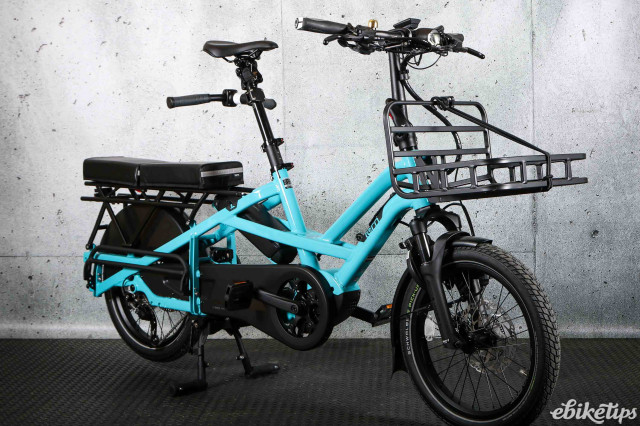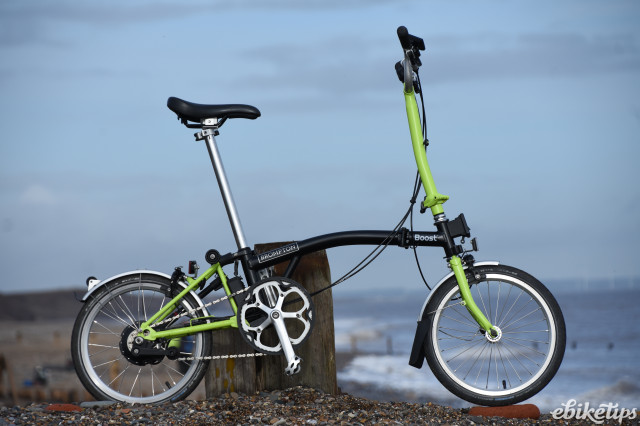Dutch e-cargo bike manufacturer Urban Arrow has predicted significant further growth in the market in the year ahead. The firm says a whole web of factors, from environmental concerns to urbanisation to online sales growth, should help boost sales.
“We expect the European market to expand by 40 to 50% over last year,” the firm’s co-founder Jorrit Kreek told Bike Europe.
“We started in 2009 with the idea to get through Amsterdam more easily to take your kids to school with a cargo bike. But it didn’t have to be a workout, so an electric motor was installed under the cargo bike.
“At the same time, we also looked at other user groups than just parents with children: the business-to-business market and transportation companies want to be able to operate more efficiently and faster in a busy environment. And we saw opportunities on the international market.”
At present, around 70 per cent of Europeans live in cities and that number is projected to rise in the coming decades.
Kreek says this trend puts more pressure on the quality of the environment and that e-cargo bikes provide a means of transporting goods and people while simultaneously reducing motor vehicle congestion.
“More and more policymakers are realising that the bike is a simple, extremely suitable solution for many issues,” he said. “Lower emissions, safer traffic, improved public health.
“Just look at Paris, where new cycle paths are being built along the Seine, where billions are being invested in cycling infrastructure. Worldwide, the cycling economy is accelerating as a result of these developments.”
Parallel to this, e-cargo bikes are increasingly being put to use making deliveries in urban areas.
“People are ordering more and more products online, including daily groceries and ready-to-eat meals,” said Kreek. “These are perfect for being delivered by cargo bike. Demand for customised delivery is increasing and that offers opportunities for customised transport bicycles.”
Kreek’s comments echo those of Raleigh managing director Lee Kidger. Speaking at the launch of his firm’s new e-cargo bikes last year, he told us that the UK was at a “crossroads” in how people get around.
“People want to get on bicycles, whether that’s e-bikes, cargo bikes or standard bikes,” he said. “I think we are at a cultural shift at the moment and the pandemic forced people to change, they had to, because you couldn’t go to the gym, you couldn’t go to the office, et cetera.
“Now is the time to make that habit permanent, and if we do that, we can get a lot more people on bikes.”
Kidger continued: “What cargo bikes can do, is you can ask yourself the question, if you’ve got two cars, do you need two cars? Car two typically does no more than 10 miles on a journey – going to the shops, dropping the kids off – and a cargo bike is probably a cheaper, more viable, long-term solution.
“And that’s why we’re putting so much focus and effort behind it, because we think that it can change people’s lives. Not only because they’re getting out, they’re getting exercise, they’re not sitting in cars, but also just to drive the CO2 emissions down."
Raleigh has said that e-cargo bikes will have, “one of the biggest growth trajectories over the next four or five years,” and predicts there will be twice as many sales in 2021 as in 2020.






